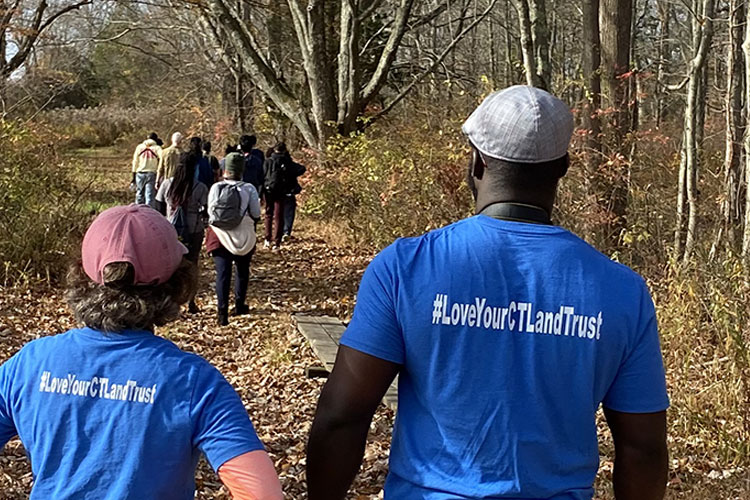News
So often, people of color experience imposter syndrome. A debilitating pattern in which they internalize a fear, a doubt about their skills, qualifications, accomplishments, and successes. And so often, this internalized pattern arises from factors outside themselves such as work environments rooted in systemic bias and racism.
It is worth noting that feelings of doubt are an expected and normal part of our personal and professional lives. Yet when the expectations and assumptions about people of color are informed by stereotypes and biases, individuals and institutions cultivate an environment in which feelings of doubt are spurred and exacerbated.
For centuries, people of color have been made to feel that they do not belong in the spaces they inhabit. Imposter syndrome stems from this alienation. Ameliorating this injustice demands inclusivity in the work we do. It demands not only listening to what marginalized people have to say, but addressing the history of exclusion within our own organizations.
Inclusivity is not tokenism. It is much more than a symbolic gesture. It must be a continual process of acknowledgment, understanding, acceptance, and validation. Inclusive organizations can nurture environments in which people of color do not experience imposter syndrome and are able to contribute the full measure of their skills and expertise.
CLCC is helping land trusts to explore these and other topics through a series of Regional Land Trust Advancement Initiatives throughout the state. Funded through the generosity of the Connecticut Community Foundation and Community Foundation of Eastern Connecticut, these series of facilitated conversations seek to offer a step forward for a cohort of land trusts looking for insights, tools, and strategies to become more inclusive organizations.
![types] types]](https://ctconservation.org/wp-content/uploads/Yaw-Owusu-Darko.jpg)
Tags: DEIJ, Land & Equity

